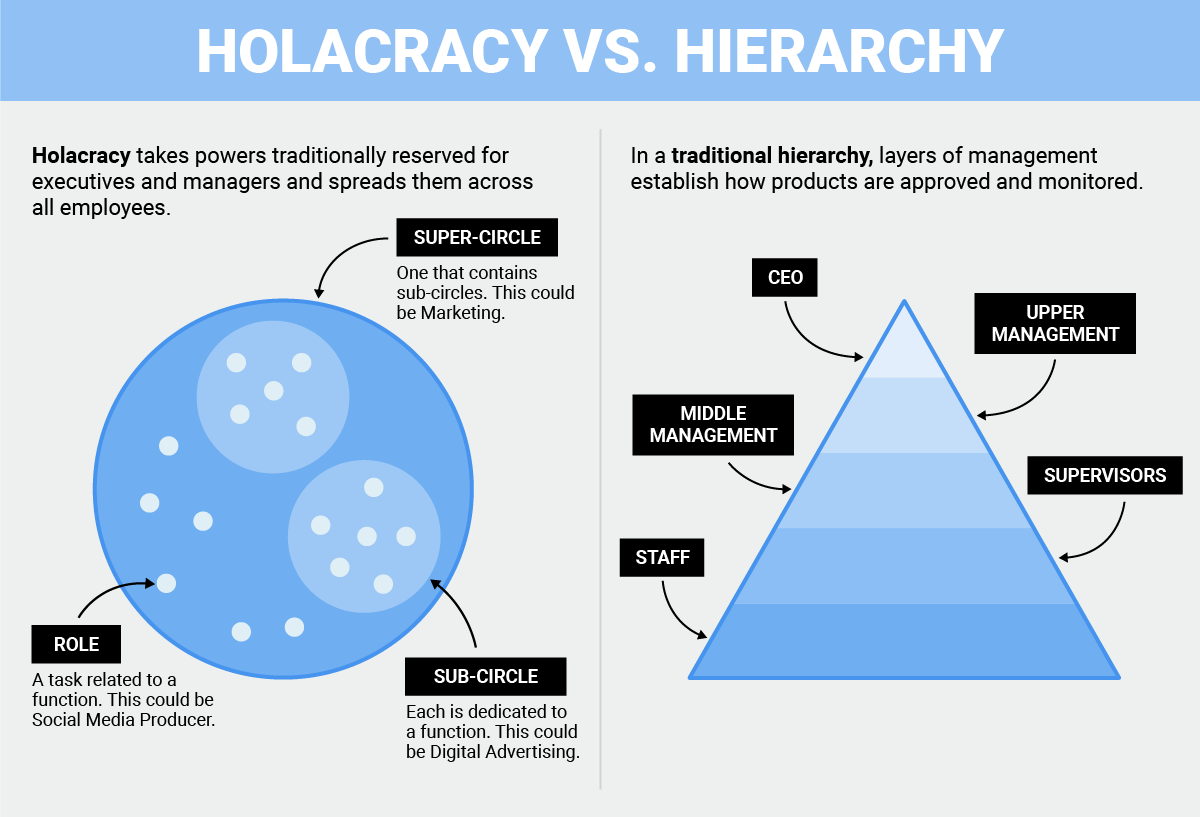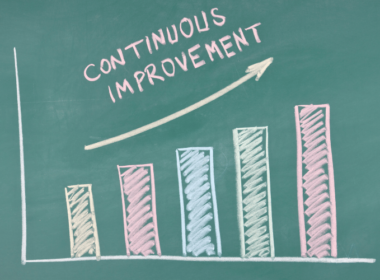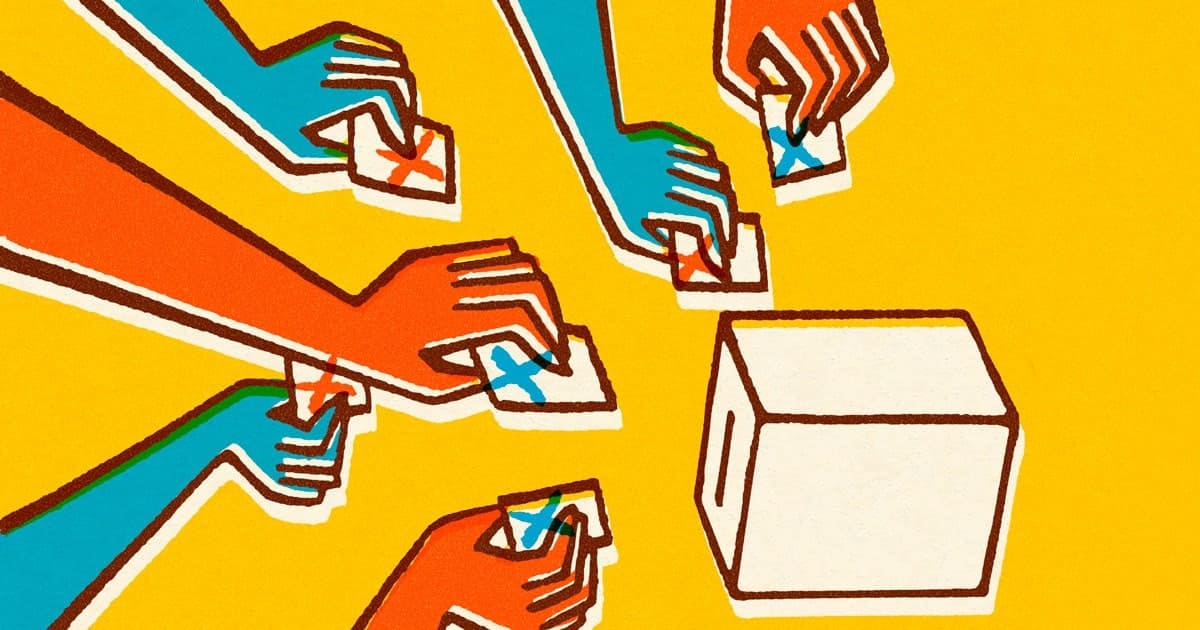I (Naveen) was a coder at Codewave a few years back, went on a career break aspiring to pursue UPSC (Union Public Service Commision exams), and recently rejoined back here. During my break, I got to reflect and appreciate many things about public services & systems of governance. I thought of sharing some of my reflections, as I review Codewave’s political system – a blend of Holacracy, Sociocracy, and Teal.
The word “Politics” is perceived more as an “immoral mess”. The word seems to have been abused so much, that today when we hear it, we tend to first picture these:
- Lying
- Backstabbing
- Blaming
- Manipulating
- Deceiving
Because of this perception, most of us even tend to believe that “politics is not for honest people”. For similar reasons, honest people seem to avoid getting into politics.
But… Is this what politics all about? Negativity?
I believe there’s more to it.
In my understanding – a political system effectively defines the process for making governance decisions. In simple words, defining who has authority to do what & what influence the Government has on people. Few common political systems around the world are – democracy, monarchy, authoritarianism.
Holacracy in action at Codewave
For people at Codewave, politics means –
- decentralizing power,
- distributing responsibility, authority, ownership, and accountability,
- ensuring employee autonomy and their psychological safety,
- brewing peer to peer relationship culture,
- promoting self-management practices, and
- enabling local decisions for the larger good.
The political connotations are different here.
At Codewave, you get to see three interrelated organizational forms in action: Teal (self management, and peer culture), Sociocracy (psychological safety, local decisions), and especially, Holacracy (no hierarchy, decentralized authority).
In a Holacratic system, it is more about people forming groups to promote potential and vision at an individual/company level to serve the larger interest of the organization, rather than playing a manipulation game to push a personal agenda that favors/thwarts a particular group of individuals.

In any organization, consciously or subconsciously we’re influenced by people & we influence people, all the time. Not just at the workplace, this applies even in our social circles.
Influence is powerful. Everyone wants to be an influencer, but not everyone can truly be one.
I believe those who inspire people by virtue of their intention, ability and/or provide vision to the people, can have lasting influence. An organization that values people, uses power responsibly to help create a vibrant culture that is brimming with hope, optimism, enthusiasm, and a can-do spirit.
In companies like codewave, everyone is nurtured & facilitated to reach their higher potential, to attain as much power & influence as they can.
“Influencing others” needn’t be seen as a threat, as it can be a force that brings people together for a shared interest/goal. Responsibly exercising power i.e, using noble virtues to inspire/influence people can be empowering and creating opportunities for people to unlock their higher potential. I believe, truly influential & confident individuals i.e., those who are deeply self aware, and highly ethical and self-managed, move people for the good of all. They are conscious about the impact of their decisions and actions, on the society and economy. These are also the quintessential personality traits to inculcate to become a leader.
“Politics” can be toxic in orgs, when people indulge in doing “whatever it takes” for personal gains/motives/agendas, and people take delight in crushing “weaker” team members to “win at any cost”. Such individuals/teams tend to have lower self awareness, emotional intelligence, score poorly on ethics, and are generally poor at empathizing and/or recognizing emotions.
Politics at Codewave
If you have ever been to Codewave, or met anyone from Codewave, you would know that empathy, compassion, prudence is deeply rooted in everything that we do. Celebrating authenticity, fostering radical transparency, being sensitive towards an individual’s feelings/emotions, and creating an ecosystem free from aforementioned toxic practices are imbued into Codewave culture, by design.
A leader in Codewave never avoids “politics”…
Because they are clear about their responsibility, and the do’s and the don’ts of exercising power and facilitating decisions – so more and more local decisions are made.
The influencers or leaders at Codewave build strong positive bonds that go beyond the workplace. Such bonds/relationships are a result of truly seeing people as ‘people’, valuing them for who they are, and not tying them to a title or role. In such relationships, we come to know what drives people, and what they value, and hence inspire, motivate, and influence in a way that makes them feel valuable, that helps them uncage their true personality, and their true potential. And that’s what politics in codewave is all about.
Frequently Asked Questions(FAQs)
1. What is the general perception of workplace politics?
Workplace politics refers to the actions and behaviors that people engage in to gain power or advantage within an organization. Some examples include: Gossiping or spreading rumors about colleagues in order to make oneself look better by comparison; Building alliances with powerful people in the organization, such as the boss, in order to gain favor or advance one’s own career; Sabotaging or undermining the work of others in order to make oneself look better; Using personal relationships or social connections to gain advantages in the workplace; Positioning oneself as the go-to person for certain tasks or projects in order to gain visibility and recognition; using personal information or data of others for personal gain.
2. What is a political system in an organization?
A political system in an organization refers to the various strategies, practices, and policies that are used to acquire and exercise power within the organization. This can include things such as building alliances, lobbying and forming coalitions. It also encompasses how decision-making power is distributed and how conflicts are resolved. This type of system can either be formal, as outlined in organizational structure and policies or informal, as developed through personal relationships and networking. Ultimately, it is a process by which individuals and groups within an organization compete for resources and influence.








